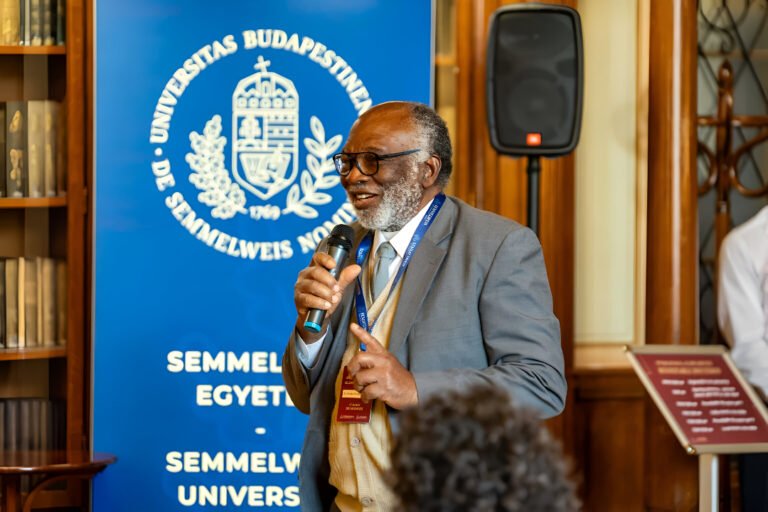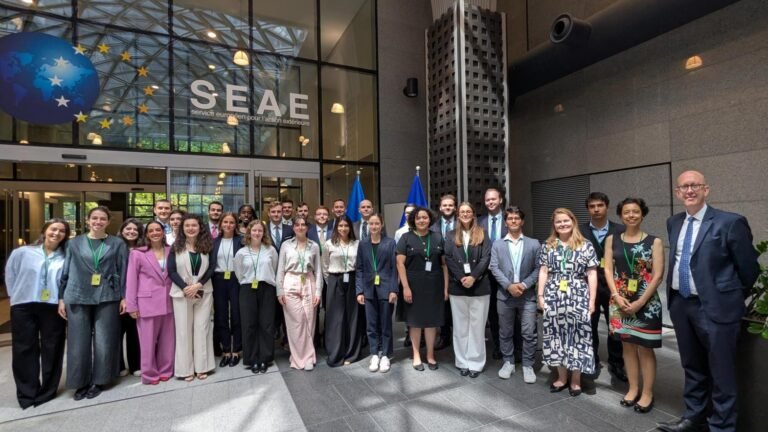
Researchers at the Montanuniversität Leoben are working with industry partners to develop a new recycling process to recover aluminium from used coffee capsules, addressing both environmental concerns and the challenges of circular engineering.
Currently, Austria’s recycling rate for coffee capsules is only around 30%, largely due to the high coffee residue content in capsules, which complicates aluminium smelting. The project, led by Ass.-Prof. Dr. Eva Gerold from the Chair of Nonferrous Metallurgy, aims to efficiently separate coffee grounds from aluminium and recycle the valuable metal.
“Aluminium from coffee capsules is extremely valuable and should remain in the circular economy,” said Dr. Gerold. Capsules typically contain 0.5–1 g of aluminium and 6 g of coffee, posing separation challenges, especially due to differences in alloy compositions between manufacturers.
Innovative Recycling Method
The process involves:
- Shredding used capsules and separating coffee grounds.
- Removing oils and coatings in a thermal process under an oxygen-free atmosphere using gases like nitrogen. The resulting gases, rich in energy, are reused to heat the smelting furnace.
- Compacting materials before melting in two-chamber furnaces to minimize oxidation.
- Salt treatment to remove impurities and improve alloy composition.
The aluminium is cast into small ingots and rolled into 0.1 mm-thick foils, which can then be reprocessed into coffee capsules or other products like beverage cans or electronics.
Industrial Application Ahead
The next project phase will test the process on an industrial scale, enabling a closed-loop recycling system for coffee capsules. Dr. Gerold highlighted that with the shift to electric mobility reducing demand for cast alloys (like engine blocks), developing new uses for recycled aluminium alloys is critical.
Contact:
- Dr. Eva Gerold, Chair of Nonferrous Metallurgy – Eva.Gerold@unileoben.ac.at
- Christine Adacker, Press Spokesperson – Christine.adacker@unileoben.ac.at
Source: Montanuniversität Leoben






